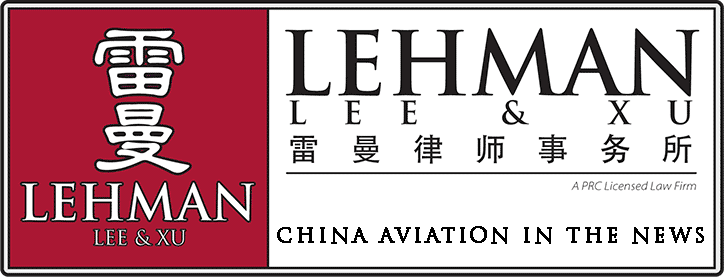A business turning to aerial drones to get its deliveries out on time seems like an smart solution in a city prone to traffic jams. But Shanghai's civil aviation authorities wasted no time in nixing Incake bakery's plans for a fleet of drones weaving amid the city's skyscrapers to get their desserts to customers in record time.
Hopes for widespread commercial use of drones on the mainland appear to have been grounded, largely due to the national security implications, according to one aviation law expert.
"Civilian drones face very strict regulations on the mainland. Anything that flies, like hot air balloons or drones, must have official permission," said Zhang Qizhun, a researcher at the aviation and space research centre at the China University of Political Science and Law and a director of the aviation law committee of the Beijing Bar Association.
"Our country is ready to go to war. It is always on the alert for national safety threats, although in the case of commercial civilian drones, public safety is also at stake," he said.
"Hot air balloons hanging banners have been used before, during big occasions like the World Expo, but even those had to get clearance well beforehand."
Use of civilian drones, so far, has been confined to government departments or state-linked businesses. The State Grid Corporation uses civilian drones to check power lines, while the State Oceanic Administration plans to build 11 drone bases for marine surveillance along the country's coastline by 2015, according to Xinhua.
"While around 30 per cent of high-altitude airspace, usually above 1,000 metres, is open to civilian flights, low-altitude airspace, usually below 1,000 metres, is … very strictly controlled," Zhang said.
Supervision of the mainland's airspace is divided between the PLA and the Civil Aviation Administration, which is responsible for anything that doesn't fly higher than 1,000 metres.
Incake bakery had hoped to deliver cakes to weddings and banquets using three small drones it had bought.
The remote-controlled machines, which are a metre wide and weigh 10kg, have a range of a few kilometres and are mounted with twin cameras to identify their customers.
During a test flight two weeks ago, a "cake drone" swept past skyscrapers facing The Bund before crossing the Huangpu River to deliver its patisserie payload while impressing onlookers along the way. Local civil aviation authorities and the police grounded Incake's fleet. Unmanned flights must be approved each time before they can be used for business purposes, an unnamed official told Incake, according to Men Ruifeng, the company's marketing manager.
"These aircraft are not trying to fly around no man's land, but are in the middle of the city. When accidents happen, it's beyond imagination," the official told Shanghai Daily. Laws for commercial drones were under consultation, he added.
Wang Pinshi, Incake's chief executive, and his wife had their wedding rings delivered to them by drone in Australia, and they thought the idea could pique the interest of the mainland's middle class, Men said.
Restaurants in Britain have already turned to drones to deliver pizza and sushi; estate agents use them to photograph houses, while farmers find them helpful in monitoring crops and livestock.
But under British regulations, the drones can be flown fly no higher than 120 metres and must stay within 500 metres of the pilot, who must be able to see them at all times.
"Our chief executive wanted to spread romance to people through the air and make special moments even more memorable," Men said.
"We can no longer use drones, but we will continue to seek innovative ways to deliver our cakes."
Source:
http://www.scmp.com/news/china/article/1294775/little-airspace-commercial-drones

